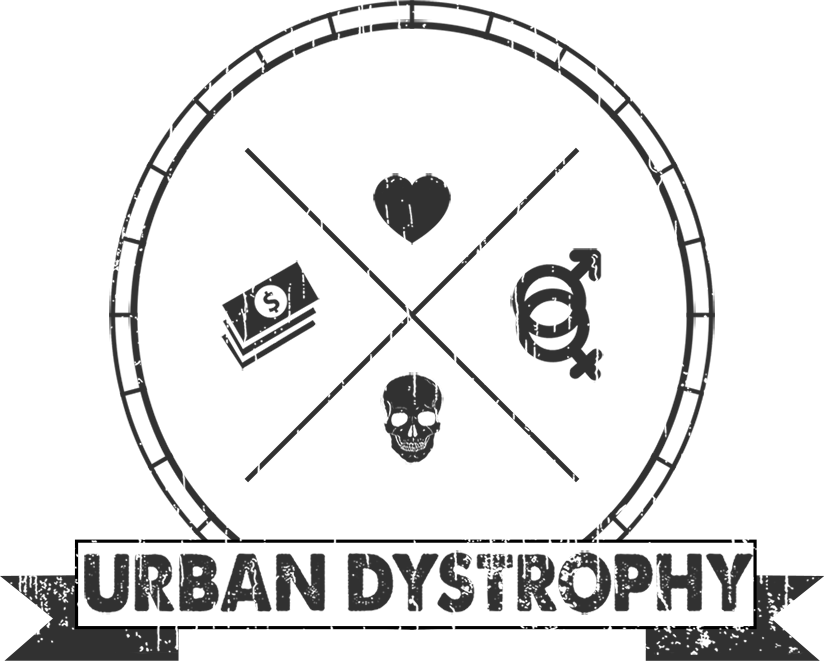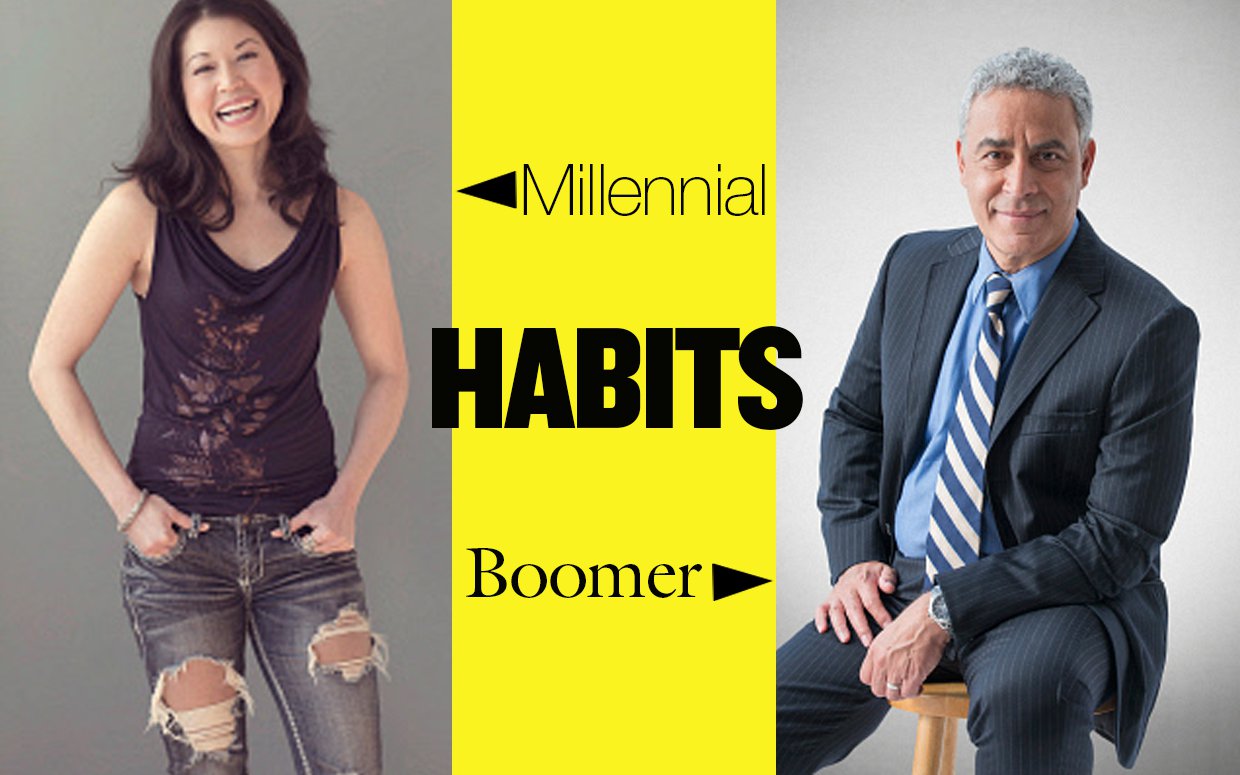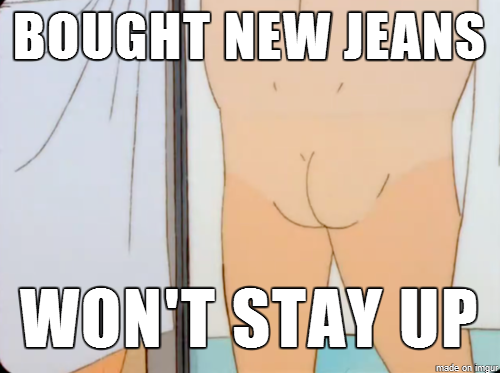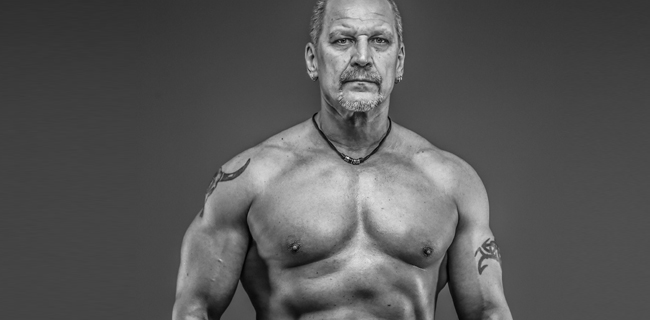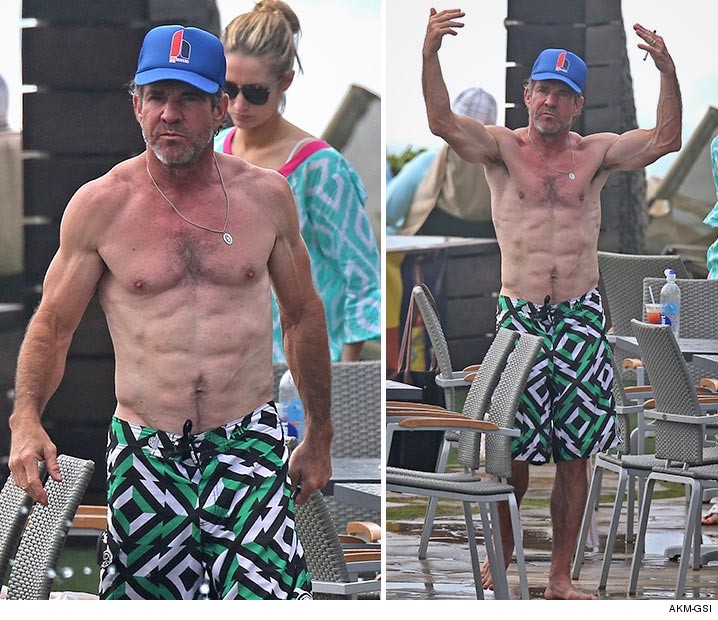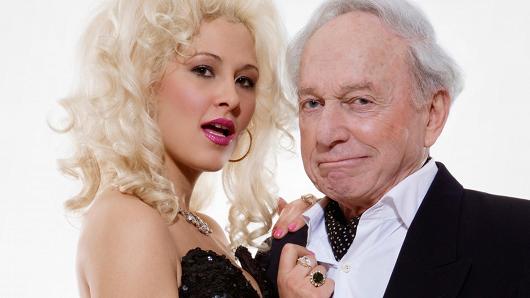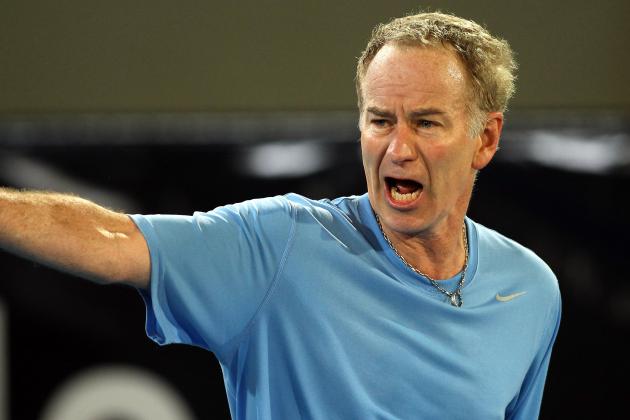http://parade.com/417123/scott_steinberg/field-guide-millennials-vs-baby-boomers/
This article has some field ready stats that I tend to agree with for the most part.
But what’s of particular interest to me, and that I think you might find interesting, is what follows: The differences in Habits and Characteristics.
Here’s a snapshot:
Did you know that 70% of millennials have never been married?
This makes complete sense given the fact that they inherited a tough job market, exacerbated by the fact that Baby Boomers never retire.
More than 60 percent of millennials say they’d rather earn $40,000 per year at a job they love than $100,000 at one they hate.
When I was looking for a job I also wanted something I enjoyed over something I hated, so this never made sense to me.
I think that most of this applies to the generation before mine, but for some reason got lost in translation…or time.
Polls seem to indicate that 1/2 of Gen Yers identify themselves as politically independent, while three in 10 are unaffiliated with any organized religion.
I get this. Media has of way of scrambling one’s brain cells, so how the hell are you supposed to know where you stand on anything?
Despite being the generation with the most schooling in U.S. history, millennials rank below their global peers in math, literacy and a key 21st-century skill: “problem-solving in technology-rich environments.”
The focus today is on liberal studies, which, in my generation, was reserved only for women pursuing “MRS” degrees and trust fund kids.
Another interesting finding is that only 15 percent of boomers admit to having a tattoo, compared to 40 percent of millennials and 30 percent of Gen Xers (born between 1965 and 1980).
Maybe the permanence of tattoos is projection on the part of a generation that can find solid footing pretty much anywhere.
Another sad fact of life for millennials is that nearly two-thirds of boomers ages 50 to 61 expect to delay retirement.
Among the most popular reasons cited for sticking with the daily grind: They want to.
Making matters worse [for millennials] is that boomers expect to live longer than any previous generation.
New research suggests that old age may now actually begin at 74.
That’s also bad news for employers who still offer a pension, with the average retiree now estimated to draw a pension for 24 years (50 percent longer than the prior generation).
Then there’s the surprising factoid that nearly as many boomers own smartphones as younger generations, and are far more likely to have home computers.
A whopping 85 percent are (LOL) into text messaging, sending an average of 80 messages a month.
Boomers are also five times likelier than other generations to own a digital tablet.
On a certain level, the situation is grim.
We like to work, we are healthier than any generation before us, and we stay on top of technology.
No wonder we date people half our age.
It’s not like millennials are getting anywhere with their peers.
